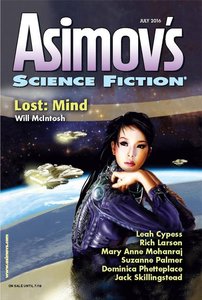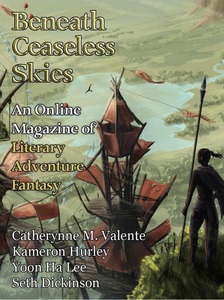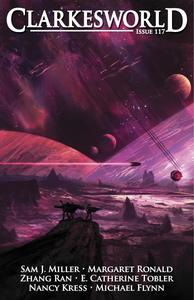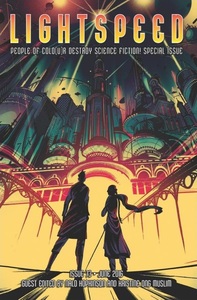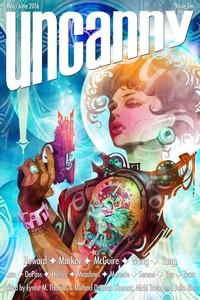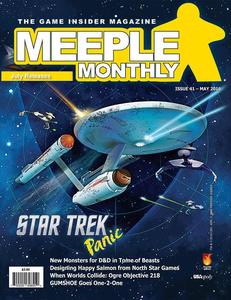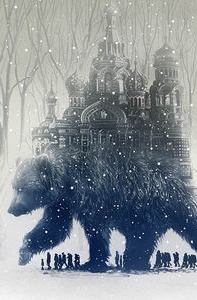Thrilling Wonder Stories, April 1951: A Retro-Review
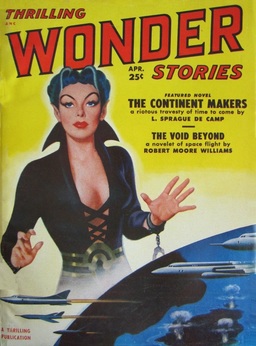 I felt like looking at a classic pulp from the great late stages of the true SF pulps.
I felt like looking at a classic pulp from the great late stages of the true SF pulps.
A moment of definition is in order here: I consider a true pulp magazine to have been printed on pulp paper, in approximately the traditional pulp size (7″ by 10″), during the heyday of the SF pulps (say, 1926-1955). This is meant to exclude digests (like Astounding after about 1943; and most SF magazines after 1955), and of course slicks. The great pulps (in my opinion) of the early 1950s were the Standard Magazines companion pair, Thrilling Wonder Stories and Startling Stories, and Planet Stories (published by Love Romances).
So this is Thrilling Wonder Stories for April of 1951. Thrilling began publication in 1936, though it was essentially a direct descendant of Wonder Stories, which was founded by Hugo Gernsback after he lost control of Amazing, first as two magazines, Air Wonder Stories and Science Wonder Stories, that soon merged into one. The editor is uncredited but at this time was surely Sam Merwin, Jr., who took over the magazine in 1945, and who left at the end of 1951, Sam Mines taking over. Sam Merwin, little enough celebrated at the time, was actually a quite effective editor, raising the quality of Thrilling Wonder Stories and Startling Stories to at least shooting distance of Astounding – perhaps the quality at the top wasn’t as good, but the vibe was a bit more entertaining, less didactic.
Indeed, I discussed this premise – that Thrilling Wonder and Startling were nearly the equal of Astounding – with a few other folks who know the magazines of that time as well or better than I do, and we came to the conclusion (some holding this view more strongly than others) that in about 1948-1950 that was a very defensible statement, but that by 1951 they were falling behind. And the reason seemed obvious once suggested: the appearance in late 1950 of Galaxy (not to mention the appearance slightly earlier of F&SF) provided a new market that quickly attracted most of the best stories that Campbell didn’t or couldn’t buy.
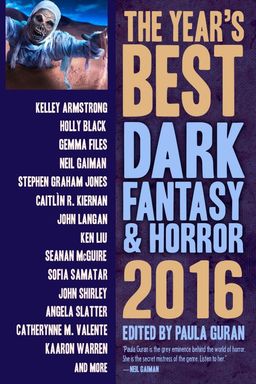
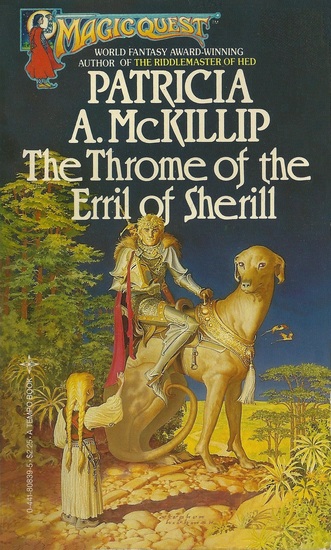
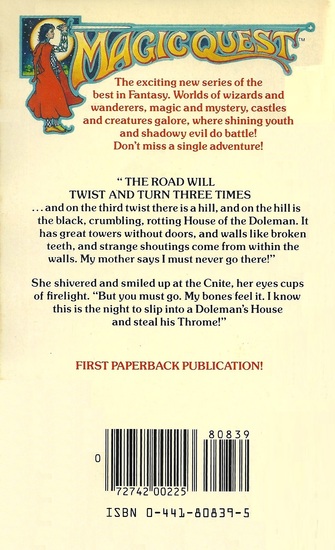
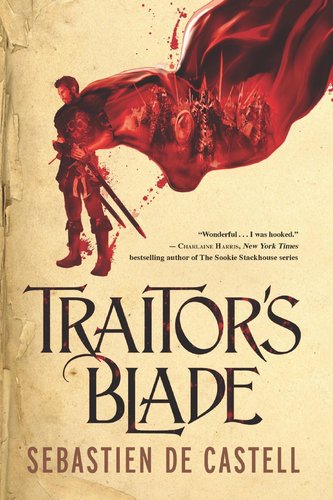
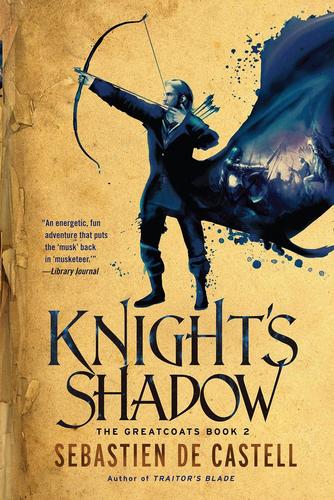
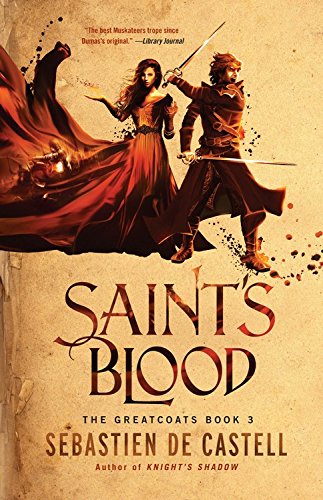
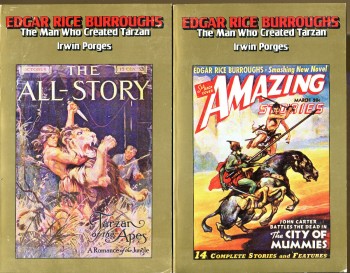


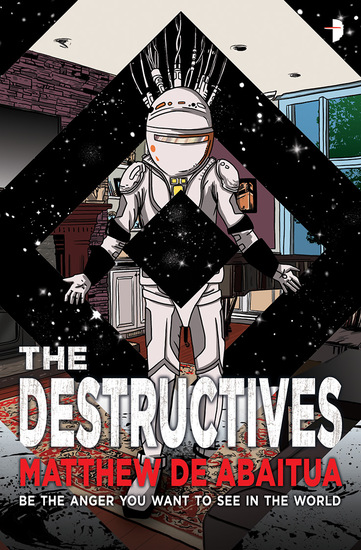

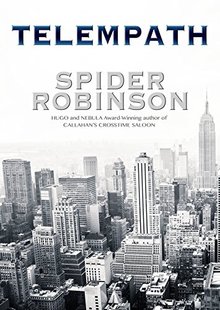 I’m a long-time fan of Spider Robinson’s work, and I’ve written about his Callahan’s Bar Stories and novels
I’m a long-time fan of Spider Robinson’s work, and I’ve written about his Callahan’s Bar Stories and novels 